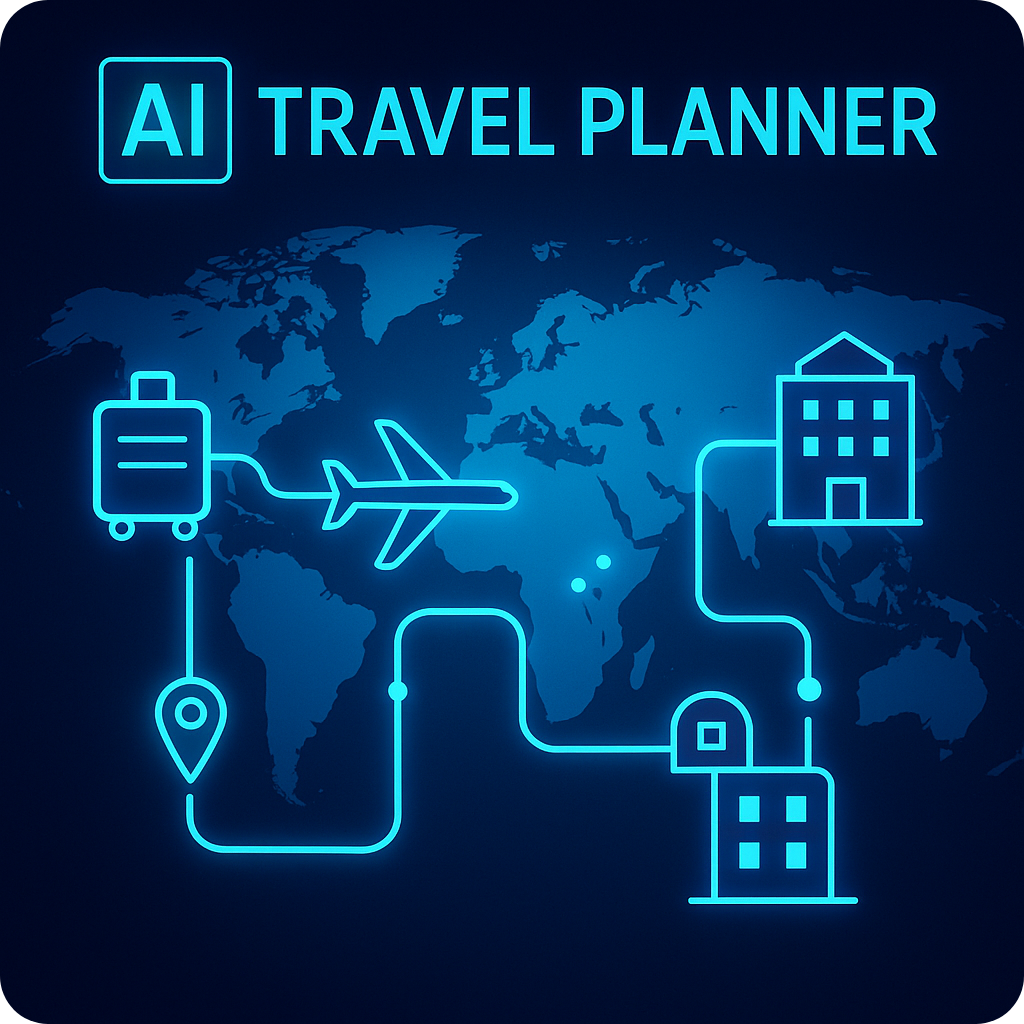AI is no longer a futuristic trend - it is actively reshaping the travel industry right now. In 2026, tour operators who adopt AI-powered tools are creating more profitable trips, delivering better traveler experiences, and winning business from competitors who still rely on manual work.
AI systems now analyze customer interests, trip history, travel style, and budget to build personalized itineraries in seconds — replacing what used to take hours of manual planning.
Example:
A customer interested in diving, local culture, and boutique hotels receives a fully built itinerary with hotels, recommended dive shops, and curated restaurant suggestions — automatically.

AI can predict which optional services customers are most likely to purchase, and present them at the right moment.
This increases revenue without increasing workload.
Examples include:
Instead of generic marketing, AI tools organize customers into behavioral and interest-based groups, such as:
This allows for highly targeted campaigns - the key to increasing conversion rates and reducing wasted ad spend.
Dynamic pricing isn’t just for airlines anymore.
AI adjusts tour pricing based on:
This allows tour operators to sell at the optimal price at the optimal moment — increasing margin without hurting conversions.

AI evaluates historical performance, availability, quality ratings, and margins from suppliers and automatically recommends:
This reduces manual research and keeps reservations profitable.
Instead of guessing future demand, AI predicts:
Operators can then adjust contracts, availability, and marketing before demand peaks, not after.
Chatbots and automated email assistants now:
This improves customer satisfaction while reducing staff workload.
AI is not replacing humans - it’s removing repetitive, time-consuming work so staff can focus on:
✔ Building relationships
✔ Negotiating better supplier rates
✔ Expanding destinations
✔ Providing a better customer experience
Tour operators using AI in 2026 are: